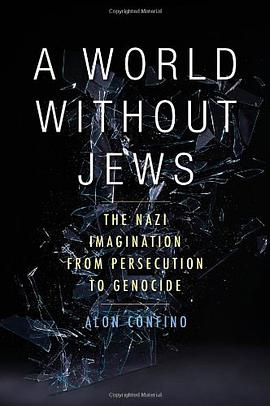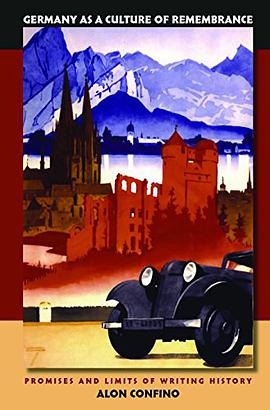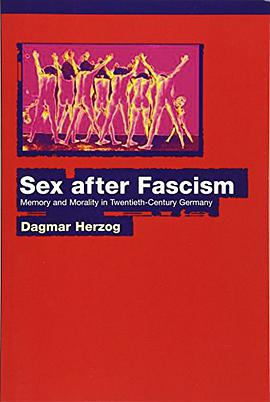A World Without Jews 豆瓣
作者:
Alon Confino
Yale University Press
2014
- 4
A history of the Holocaust must include the history of emotions and imagination of Germans during the Third Reich, for the fundamental reason that the persecution and extermination was built on fantasy. In persecuting and exterminating the Jews, Germans waged a war against an imaginary enemy that had no belligerent intentions toward Germany and possessed no army, state, or government.
The essential motivations for this war were not practical, for Germans and Jews did not have a conflict over territory, land, resources, borders, or political power that often characterizes cases of ethnic cleansing and genocide in the modern world. In the mind of the Nazis, this was a war about identity. Nothing about Nazi anti-Semitism was driven by a desire to provide a truthful account of reality. Yet it was nonetheless believed by many Germans and therefore was for them real and truthful.
A key to understanding this world of anti-Semitic fantasies is no longer to account for what happened—the administrative process of extermination, the racial ideological indoctrination by the regime, and the brutalizing war—because we now have sufficiently good accounts of these historical realities. Rather, a key is to account for what the Nazis thought was happening, for how they imagined their world. What was this fantasy created by Nazis and other Germans during the Third Reich, and the story that went along with it, that made the persecution and extermination of the Jews justifiable, conceivable, and imaginable?
The essential motivations for this war were not practical, for Germans and Jews did not have a conflict over territory, land, resources, borders, or political power that often characterizes cases of ethnic cleansing and genocide in the modern world. In the mind of the Nazis, this was a war about identity. Nothing about Nazi anti-Semitism was driven by a desire to provide a truthful account of reality. Yet it was nonetheless believed by many Germans and therefore was for them real and truthful.
A key to understanding this world of anti-Semitic fantasies is no longer to account for what happened—the administrative process of extermination, the racial ideological indoctrination by the regime, and the brutalizing war—because we now have sufficiently good accounts of these historical realities. Rather, a key is to account for what the Nazis thought was happening, for how they imagined their world. What was this fantasy created by Nazis and other Germans during the Third Reich, and the story that went along with it, that made the persecution and extermination of the Jews justifiable, conceivable, and imaginable?


